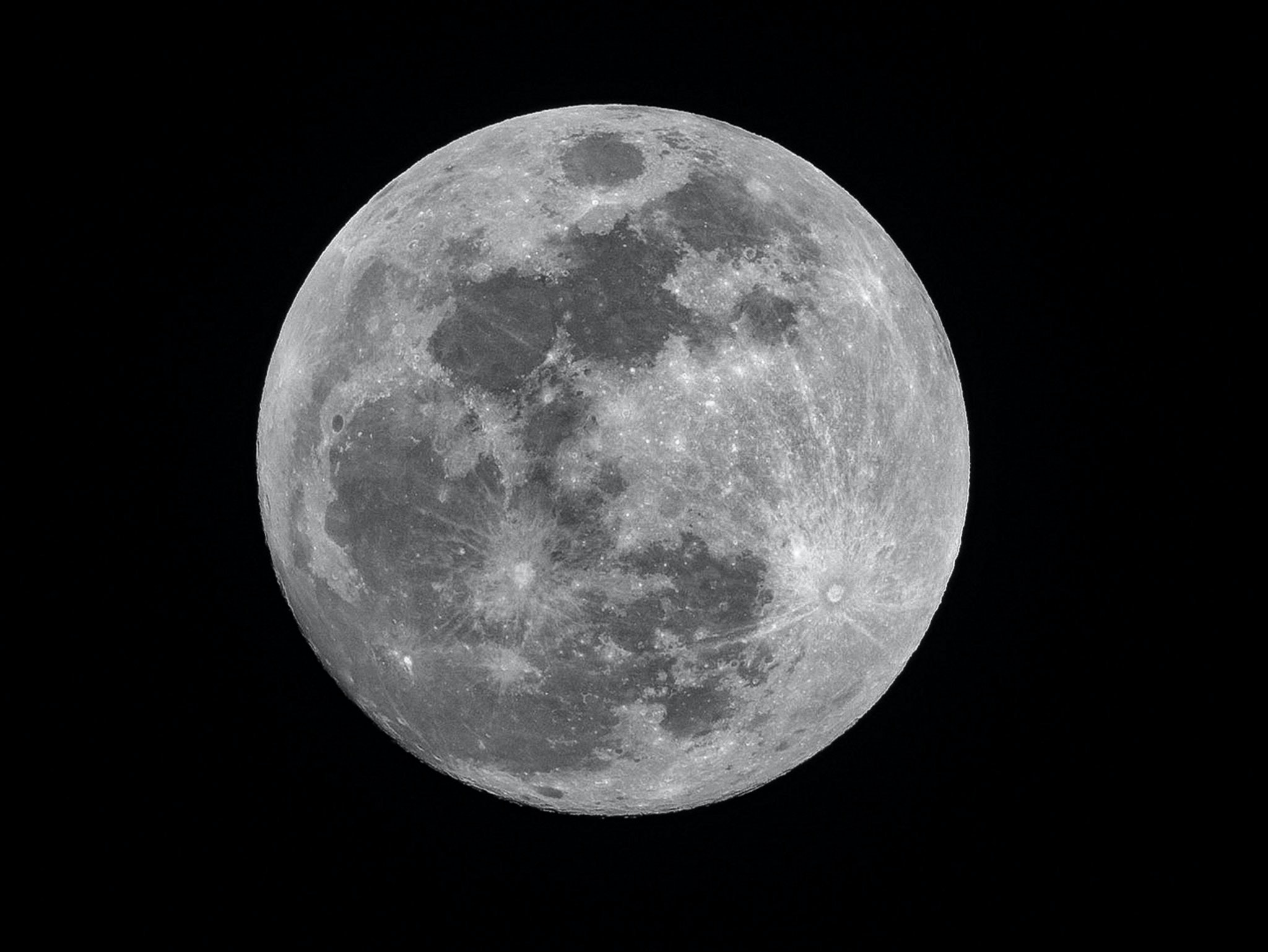Native American Religious Traditions
Native American religious traditions are deeply rooted in the cultural heritage of various indigenous tribes across the Americas. These traditions encompass a wide range of spiritual beliefs, rituals, ceremonies, and practices that have been passed down through generations. Despite the diversity among Native American tribes, many commonalities exist in their religious beliefs, emphasizing a profound connection with nature, ancestors, and the spiritual realm. This article explores the rich tapestry of Native American religious traditions and highlights some key aspects of their spiritual practices.
1. The Importance of Nature
One of the central tenets of Native American religious traditions is the reverence for nature. For many tribes, nature holds profound spiritual significance, and every aspect of the natural world is considered sacred. The land, rivers, mountains, plants, animals, and celestial bodies are all seen as interconnected and deserving of respect and gratitude.
Native Americans believe that humans are an integral part of nature, and they maintain a reciprocal relationship with the environment. They understand the importance of living in harmony with the natural world and strive to maintain a balance between human activities and the well-being of the Earth.
The connection with nature is often celebrated through ceremonies that honor specific natural elements or seasonal changes. For example, the Navajo tribe conducts the Blessing Way ceremony to offer prayers and blessings for rainfall, fertility, and prosperity. Similarly, the Lakota tribe performs the Sun Dance, a ritual that celebrates the renewal of life and the connection with the Great Spirit.
2. Ancestor Worship and Spirituality
Another integral aspect of Native American religious traditions is the belief in ancestral spirits and the presence of supernatural beings. Native Americans believe that the spirits of their ancestors continue to influence their lives and play crucial roles in guiding their communities.
Ancestor worship is a prevalent practice among many tribes, where individuals pay homage to their forebears through rituals, offerings, and storytelling. The Cherokee tribe, for instance, performs the Ani-Kituwa ceremony, where dances, songs, and offerings are made to honor their ancestors and seek their blessings.
Aside from ancestral spirits, Native Americans hold a strong belief in a supreme being or creator. The names and characteristics of the creator vary across tribes, such as the Great Spirit, Wakan Tanka, or Orenda. This transcendent force is often considered omnipresent, capable of influencing all aspects of life, and referred to as the source of wisdom, guidance, and protection.
3. Rituals and Ceremonies
Rituals and ceremonies are fundamental components of Native American religious traditions. These sacred practices serve various purposes, such as healing, initiation, purification, and thanksgiving. Ceremonies are often performed collectively, involving the entire community and reinforcing the communal bonds among tribe members.
The Sweat Lodge ceremony is one of the most recognized Native American rituals. It involves a small enclosed structure, usually made of natural materials like branches and hides, where participants gather to cleanse themselves physically, mentally, and spiritually through intense heat and steam. This ceremony is seen as a way to purify the mind, body, and soul and seek spiritual renewal.
Another notable ceremony is the Vision Quest, which entails individuals spending several days alone in nature, seeking guidance and spiritual insights. Participants fast, pray, and endure solitude in hopes of receiving visions or messages from the spiritual realm. This practice is particularly significant during the transition to adulthood.
Additionally, different tribes hold specific ceremonies to mark significant events or seasons. The Hopi tribe, for example, performs the Kachina ceremony, a complex ritual involving masked dancers who represent ancestral spirits. The ceremony aims to honor agricultural fertility and ensure the well-being of the community.
4. The Importance of Oral Tradition
Native American religious traditions rely heavily on oral tradition to preserve their spiritual beliefs, history, and cultural knowledge. These oral narratives are passed down from one generation to another through storytelling, songs, and rituals, ensuring the continuity of their traditions and values.
The elders of the tribe play a pivotal role in transmitting this knowledge and teaching the younger members about their spiritual heritage. They share the stories of creation, legendary heroes, and significant events that have shaped their tribe’s identity and spiritual worldview.
Through the oral tradition, Native Americans reinforce their cultural identity, strengthen the collective memory of their tribe, and maintain the continuity of their religious practices. These narratives not only educate but also inspire and instill a sense of belonging and spiritual connection to their ancestral roots.
Conclusion
Native American religious traditions are profound and diverse, reflecting the deep spiritual connection between indigenous tribes and the natural world around them. Their beliefs revolve around the veneration of nature, the significance of ancestral spirits, and the practice of rituals and ceremonies.
These traditions are sustained through oral narratives, ensuring the preservation of their cultural heritage and spiritual wisdom. As one delves into the intricate tapestry of Native American religious traditions, it becomes evident that these traditions are not only religious but also hold vital social, cultural, and ecological significance.
The exploration of Native American religious traditions offers valuable insights into alternative spiritual perspectives and a deeper understanding of humanity’s relationship with the natural world. Appreciating and respecting these traditions can foster greater cultural appreciation and support for the ongoing preservation of indigenous cultures.
Table of Contents
